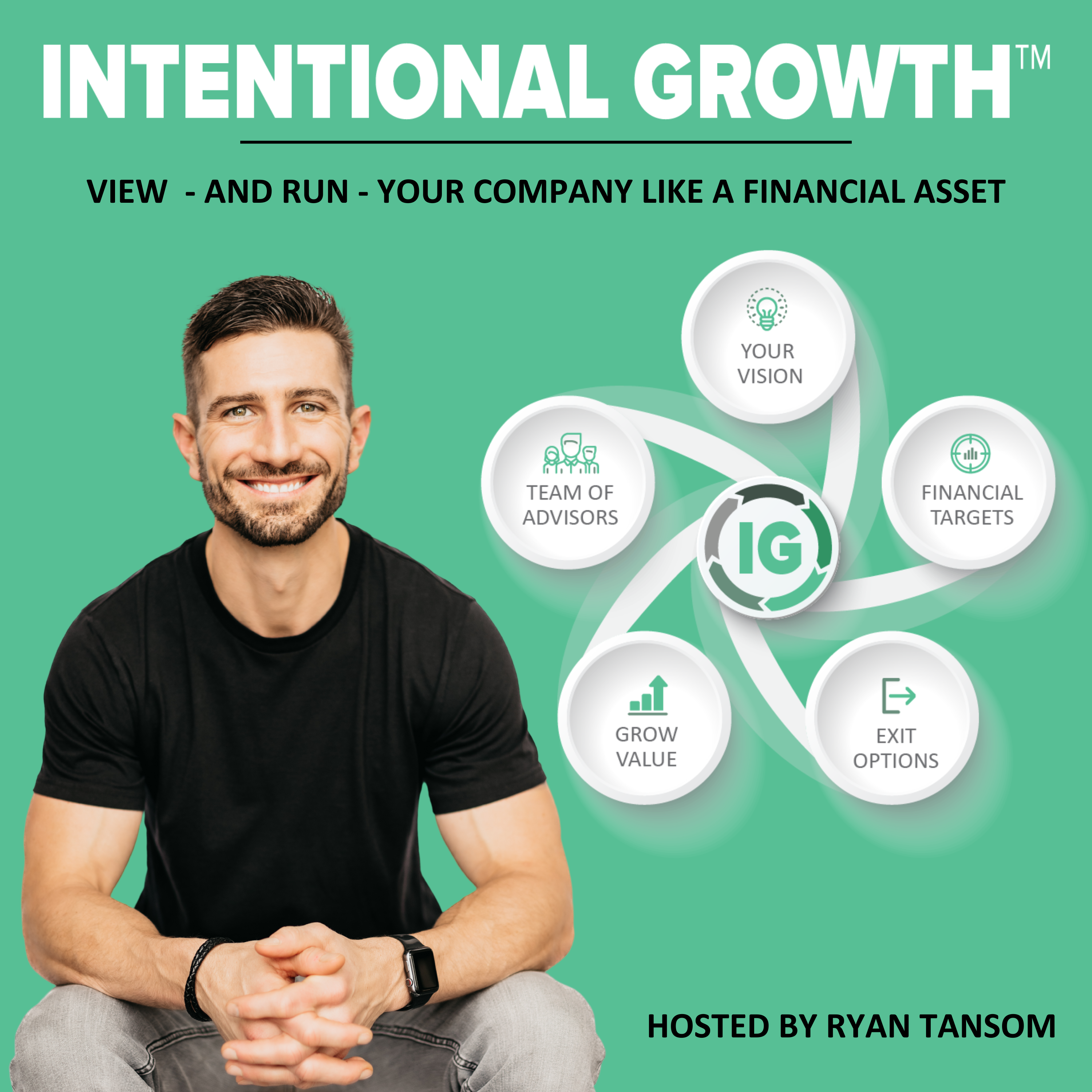- After-Shows
- Alternative
- Animals
- Animation
- Arts
- Astronomy
- Automotive
- Aviation
- Baseball
- Basketball
- Beauty
- Books
- Buddhism
- Business
- Careers
- Chemistry
- Christianity
- Climate
- Comedy
- Commentary
- Courses
- Crafts
- Cricket
- Cryptocurrency
- Culture
- Daily
- Design
- Documentary
- Drama
- Earth
- Education
- Entertainment
- Entrepreneurship
- Family
- Fantasy
- Fashion
- Fiction
- Film
- Fitness
- Food
- Football
- Games
- Garden
- Golf
- Government
- Health
- Hinduism
- History
- Hobbies
- Hockey
- Home
- How-To
- Improv
- Interviews
- Investing
- Islam
- Journals
- Judaism
- Kids
- Language
- Learning
- Leisure
- Life
- Management
- Manga
- Marketing
- Mathematics
- Medicine
- Mental
- Music
- Natural
- Nature
- News
- Non-Profit
- Nutrition
- Parenting
- Performing
- Personal
- Pets
- Philosophy
- Physics
- Places
- Politics
- Relationships
- Religion
- Reviews
- Role-Playing
- Rugby
- Running
- Science
- Self-Improvement
- Sexuality
- Soccer
- Social
- Society
- Spirituality
- Sports
- Stand-Up
- Stories
- Swimming
- TV
- Tabletop
- Technology
- Tennis
- Travel
- True Crime
- Episode-Games
- Visual
- Volleyball
- Weather
- Wilderness
- Wrestling
- Other
#364: From Poker Table to Boardroom Table: Casey Cavell on Lessons Learned After Leaving Poker & Turning a $9,000 Investment into a Business Portfolio of Over $40,000,000
In my interview today with Casey Cavell, we explore his journey transitioning from a professional poker player into a successful entrepreneur, real estate investor, and podcast host of the Dugout CEO podcast. He took a $9,000 investment and effectively used his poker skills to enter the real estate market, later launching baseball and softball academies and expanding them to five locations in Atlanta, and grossing over $40M between all his ventures. Casey faced significant challenges when he started to get burnt out. He was not living in his unique ability and was struggling with managing all the operations. Casey shares key lessons he learned on delegation, personal clarity, and aligning business goals with personal life. After reaching his personal and financial goals, he navigated the complex process of selling his stake in the ownership, transitioning from his W2 job, and most importantly, detaching his identity from the business. His story provides crucial insights into balancing perfection with acknowledging limitations, redefining self-worth, and drawing parallels between poker and business. // Sign up for the Intentional Growth™ Starter Kit: the kit has intro videos on each of the 5 Intentional Growth™ Principles, the Intentional Growth™ Financial Scorecard along with videos reviewing a case study on how to project out the value of your company, and the entire Intentional Growth™ Podcast Library. //WATCH THE INTERVIEW ON YOUTUBE: Intentional Growth™ Podcast Three Big Ideas From the Interview: 1. The Parallels Between Poker and Entrepreneurship: Casey's journey into entrepreneurship started at the poker table. The skills and strategies he honed in poker, such as understanding rules, money management, and self-assessment, were directly applicable to running a business. His initial investment of $9,000 into a six-unit apartment complex, made with poker earnings, demonstrated this overlap. It's a powerful reminder that often unconventional beginnings can provide unique, transferable skills that can be leveraged in entrepreneurship. 2. The Importance of Delegation and Focusing on Strengths: Despite his initial success, Casey learned the hard way that running a business was far more complex than he anticipated, leading to burnout. However, an investor's decision to help with managerial responsibilities allowed Casey to focus on his strengths, namely, creating efficient systems and scaling the business. This highlights the crucial nature of delegation, understanding personal strengths, and the need for effective partnerships in entrepreneurship. <br />3. Redefining Success Beyond Financial Prosperity: The story of Casey is also a tale of personal transformation. After battling feelings of inadequacy and a need to constantly prove his worth, he found contentment through his Christian faith. He then redefined his measure of success to include being a good father and husband, not just a successful businessman. This personal transformation underscores the importance of defining success beyond financial prosperity and the role of personal growth in entrepreneurship. His advocacy for clear goal setting, the use of an accountability coach, and living intentionally echo this sentiment, reiterating that business success involves having a clear vision for one's life and business. Interview Quotes: 07:25 - “I realized that kind

